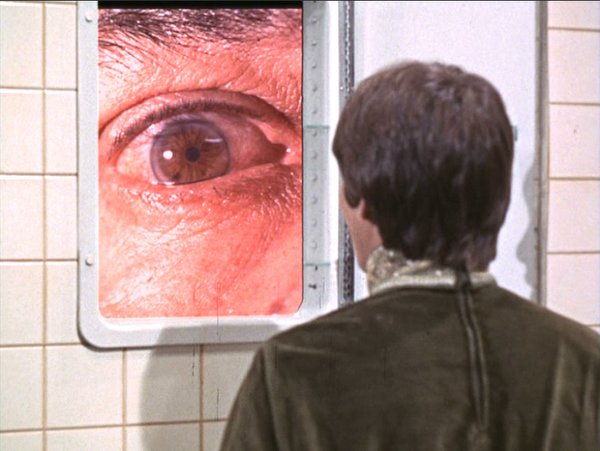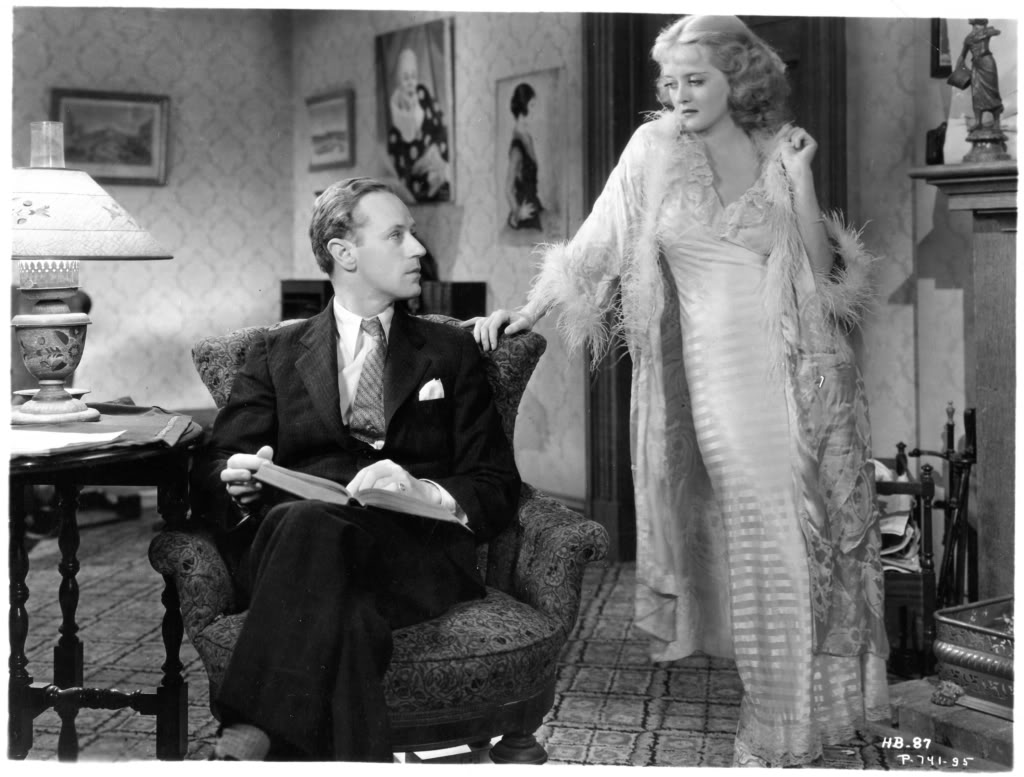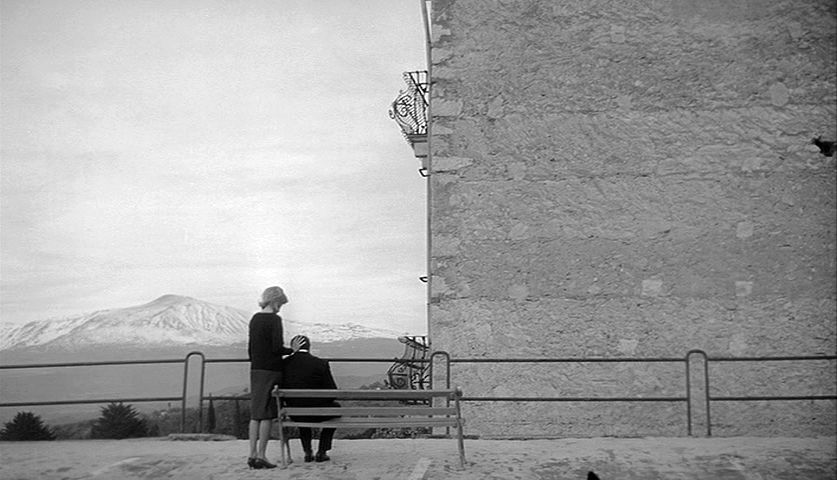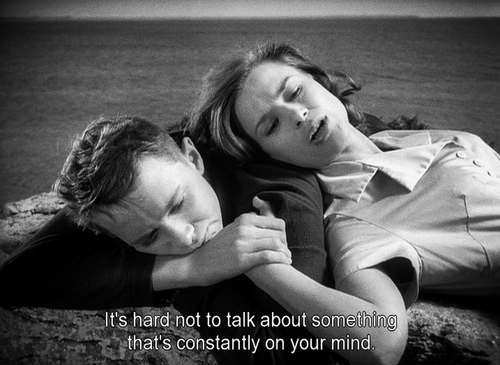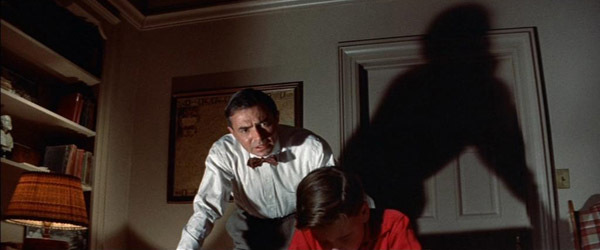Thanks to my sister, who is six years older, I was introduced to the adorability of David Cassidy and Davy Jones at a young age. Since their music was part of my childhood, I still like it a lot.
I was expecting the same silliness and music
from the TV show, The Monkees, to be in the film Head, but what I got
instead was repeated viewings of the execution of Nguyễn Văn Lém. The expected
comedy turned quickly to tragedy and despair. I’m not surprised that the movie
didn’t do well initially, since the Monkees had been escapism from the horrors
of the time. Instead of escapism, the audience got youthful passionate response
to war, to the commodity that the Monkees had become and to the cancellation of
their show. The most effective scene was after a performance, when the audience
rushed the stage and destroyed the plastic "performers".
Side thought. I wonder what writer/producer/director Bob Rafelson would have
done if he had gotten a hold of Charlie Sheen. The film's working title--I
am on a drug. It's called Charlie Sheen.




